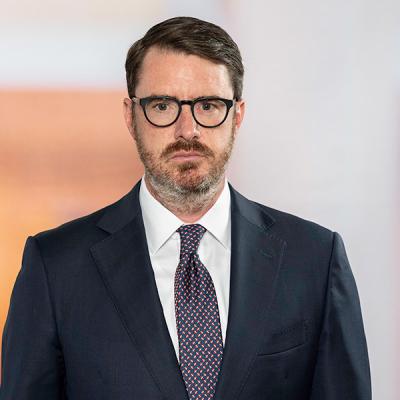Another Declination from DOJ’s Criminal Division Emphasizes the Continued Focus on Voluntary Self-Disclosure in 2024
Drawing on a carrot and stick approach, Department of Justice (“DOJ” or the “Department”) guidance in 2023 focused heavily on incentivizing companies to voluntarily self-disclose their misconduct. This guidance included the Criminal Division’s revised Corporate Enforcement Policy (the “CEP”), the United States Attorneys’ Offices Voluntary Self-Disclosure Policy (the “VSD Policy”), and the Safe Harbor Policy for voluntary self-disclosures made in connection with mergers and acquisitions (the “M&A Safe Harbor Policy”).[1]
Under this new policy framework, absent aggravating circumstances, companies that 1) voluntarily self-disclose their misconduct to DOJ, 2) fully cooperate with the ensuing investigation, and 3) timely and appropriately remediate, will receive the presumption of a declination. In 2023, three declinations were published on the Criminal Division’s webpage memorializing CEP declinations, and each one of them credited the company for voluntary self-disclosure.
In April, the Criminal Division published its first declination of 2024 with Proterial Cable America, Inc. (f/k/a Hitachi Cable America Inc.) (“Proterial” or the “Company”). The Proterial declination notes that DOJ declined prosecution of the Company, for violating 18 U.S.C. §§ 1343, 1349 (the wire fraud and attempt and conspiracy statutes, respectively), despite the fraud committed by its employees. As in the 2023 declinations, DOJ continues to stress the importance of swift voluntary self-disclosures.
The declination states DOJ’s Fraud Section found evidence that, from 2006-22, the Company “misrepresented to customers that motorcycle brake hose assemblies it sold met federal safety performance standards, when in fact they did not comply with certain performance requirements.” As a result of the scheme, the Company obtained approximately $15.1 million in profit from the sale of noncompliant assemblies.
The following factors supported DOJ’s decision not to prosecute:
- The voluntary and timely self-disclosure of misconduct.
- In terms of timing, the declination explains that self-disclosure was made to DOJ's Fraud Section "within weeks of an employee raising the issue during an internal audit[.]"
- The Company's full and proactive cooperation in the matter.
- Cooperation entailed providing all known facts about the misconduct, including information about all of the individuals involved, in addition to agreeing to cooperate with any ongoing Fraud Section investigations and prosecutions in the future, including by making relevant officers, employees, and agents available for interviews and/or testimony.
- The nature and seriousness of the offense.
- The Company's timely and appropriate remediation.
- Remediation included terminating employees involved in the misconduct and substantially improving the Company's compliance program and internal controls through "significant investment in designing, implementing, and testing a risk-based and sustainable compliance program[.]"
- The Company's agreement to remit payment.
- The Company agreed to pay a total of $15,126,204 in disgorgement—the total profit obtained through the scheme. By providing proof that it had already paid $6,017,008 to two defrauded customers, the Company was only ordered to pay the remaining $9,109,196 to a third customer.
- The Company agreed that it would not seek or accept reimbursement or indemnification from any source with respect to its disgorgement.
This declination further clarifies that while benefits are available to companies who voluntarily self-disclose, the Department expects them to mobilize quickly upon being made aware of potential misconduct. Disclosing to DOJ a scheme with alleged conduct spanning 15+ years in a matter of weeks indicates that the Company’s ability to conduct an internal investigation regarding the allegations was dramatically hindered. Accordingly, as the self-disclosure trend progresses forward, companies must continue to weigh the benefits associated with doing so from published resolutions with their desire to address the matter internally.
In addition, as seen in the 2023 declinations and policy guidance, DOJ continues to stress the importance of robust and risk-based compliance programs. Investing in compliance on the front end will help prepare companies to navigate investigations and achieve more favorable resolutions with DOJ and other regulators.


